Breaking through the bottleneck of differentiation and original innovation, Concerns faced by novel drug developers during early phase clinical trials
Recently, a closed-door seminar on "Early Research strategies for innovative drugs" co-organised by TigerMed, BioClub and BioHarbour, was held in Hangzhou. Hosted by the vice-president of TigerMed, Shixuan Shi, we saw a good number of clinical experts, founders of novel drug development companies, senior pharmaceutical regulatory and review experts, participate in the conference. Robust discussions and exchanges were held on the topics of early phase clinical research, the various development strategies, and planning.
Vice-president of BioClub and BioHarbour Managing Partner, Shuai Xu, kicked the event off by thanking all in attendance, before reiterating BioClub and BioHarbour’s commitment to continuously provide a leading holistic community platform for healthtech entrepreneurs, combining public, private, funding and technological resources to enable them to bring their innovation to market.
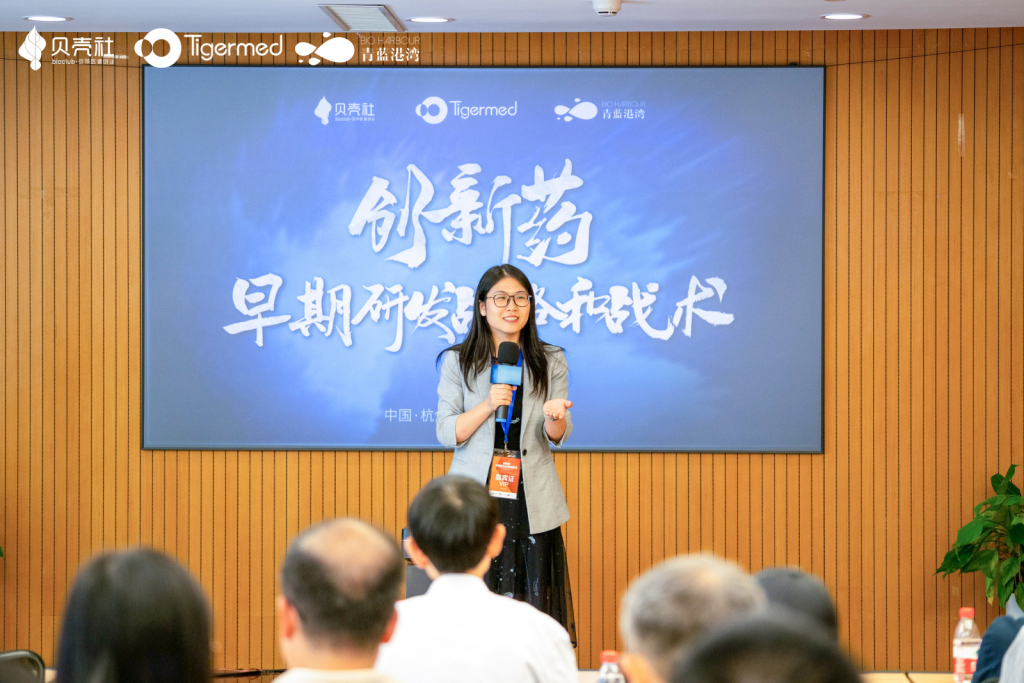
Fang Da Pharmaceuticals Senior Vice President, Dr. Chengwei Fang presented on the topic of bioanalysis in early phase clinical treatments.
Bioanalysis, he said, refers to the analysis and determination of target compounds (including endogenous substances) in various body fluids, organs, tissues and excreta, covering all stages of novel drug development, supporting research from pre-drug discovery to post-market research throughout the life cycle of novel drug development.
Bioanalysis can reflect the number of substances to be measured in organisms, calculate drug/toxic parameters, guide clinical rational and safe drug use, etc. These processes include method development, method verification, sample analysis, method verification report and sample analysis reports.
Dr Fang also notes that in the early phases of clinical bioanalysis, we mainly face the following challenges. First and foremost, there are generally no precedents pre-set in testing methodology, with methods having to be redeveloped and verified; Secondly, pre-clinical macromolecular methods cannot be directly translated to the clinical phase, the need is there to re-develop and verify the methods; Thirdly, regarding ascending samples compared to BE ratio, mistakes can be easily made in this verification step; Next, as the frequency of customer demand for data increases, the difficulty for project managers to meet the demands increases; Finally, there are many new targets for macromolecules, some of which require ultra-sensitive instruments to detect.
Currently, bioanalysis technology is undergoing rapid development. Fang Da Pharmaceutical Bioanalysis Laboratory has introduced many of the industry's most advanced devices and equipment to meet the needs of the industry, and strictly adhere to GLP, GCLP and exacting standards of SOP, as well as global regulatory guidelines, industry best practices, to provide high-quality bioanalytical services for drug development.
Fang Da has also in recent times, been subject to more than 110 stringent audits by the NMPA, passing every audit. Fang Da Pharmaceuticals USA and China have also passed verification audits conducted by the FDA, WHO, DEA, and various other institutions on more than 50 separate occasions. At the same time, Fang Da Pharmaceuticals is also actively establishing its integrated electronic platform, to prepare for the next phase of evolution into an intelligent laboratory.
TigerMed’s Director of Registrations, Qingyao Zhou shared insights on how to conduct clinical development of drugs based on their clinical value. Regarding the definition of "clinical value", Ms. Zhou referred to the Drug Administration Document #80, issued by China’s Health Commission in April 2019, entitled "National Health Commission on the implementation of drug use monitoring and clinical comprehensive evaluation of the work of the notice", which clearly mentions that the State's definition of a drug’s clinical value is intrinsically tied to the following six aspects, these being the drug’s effectiveness, safety, economics, innovation, accessibility and suitability.
The Clinical Value-Oriented Clinical Research and Development Guidelines for Anti-Tumor Drugs (Draft for Comments), issued by the CDE in July 2021, do not clearly define "clinical value", but they require both research and development topics and clinical trial design to be based upon patients’ needs.
Identify research and development issues based on patient needs. To return to the roots of basic research, improve precision treatment, to always pay attention to the changes in a patient’s treatment needs, improve drug safety, treatment experience and convenience. These Guiding Principles state that more emphasis should be placed on the safety of trial subjects during the discovery, and research and development phase.
During the concept verification stage, the probability of "trial and error" of the experimental drug is controlled with as minimal a number of subjects as possible to achieve the purpose of the proof-of-concept study. Attention should also be paid to the use of drugs by specific groups of people, and active research on drug interactions should be carried out. In the main research phase, it is further clarified that positive control drugs need to be the best treatment/drug" in clinical practice as much as possible. This principle puts forward the corresponding requirements in the experimental design, endpoint selection, medium-term analysis and reduction of the burden of trial subjects in clinical trials of anti-tumor drugs.
Industrial Park resident enterprises representatives: Founding partner and chief scientist of Hangzhou Yizun Biopharmaceuticals Co. Ltd. , Dr. Lingfeng Liu
Industrial Park resident enterprises representatives: Hangzhou Highfield Biopharmaceutical Co., Ltd. founder, CEO Dr. Yuhong Xu
Professor Hongming Pan, Vice President of Yifu Hospital affiliated with Zhejiang University Medical College, Professor Shenglin Ma, a subject expert at Hangzhou Cancer Hospital affiliated with Zhejiang University Medical College, Professor Qingwei Zhao, deputy director of the agency office of the First Hospital affiliated with Zhejiang University Medical College, Professor Shuqing Chen, chairman of Hangzhou Nuanjin Bio and vice chairman of BIA, Dr Zuoxiang Xiao, Chair of Zhejiang Shimai Pharmaceutical Co., Ltd., Yuanguo Cheng, chief strategy officer of Dingtai Group, were invited as guests to a round-table by the vice-president of TigerMed, to further discuss on ways to improve the level of translational medicine and adhere to the clinical value orientation.
The expert panel mentions that translational medicine is a global problem that requires the joint efforts of basic researchers, clinicians, drug developers and strong government support to stimulate innovation. Currently, there still exist many unmet clinical needs, with the experts pointing out that the whole drug development ecosystem, from clinicians, academics, basic researchers through pharmaceuticals should develop synergistic methods which will produce a common approach towards developing novel drugs with enhanced clinical value.
Early phase clinical research and development is the key in the process of innovative drug research and development, and the field is still in its development stage. During the post-conference networking session, the audience and panel experts further exchanged in-depth views on the registration declaration of early clinical research, research strategies and myriad issues. In the future, BioClub and BioHarbour will also continue to work to build a one-stop industrial service platform to assist enterprises in solving the difficulties encountered in the process of drug research and development.
Author: Ping Zhao
Editor: Rouxin Chen


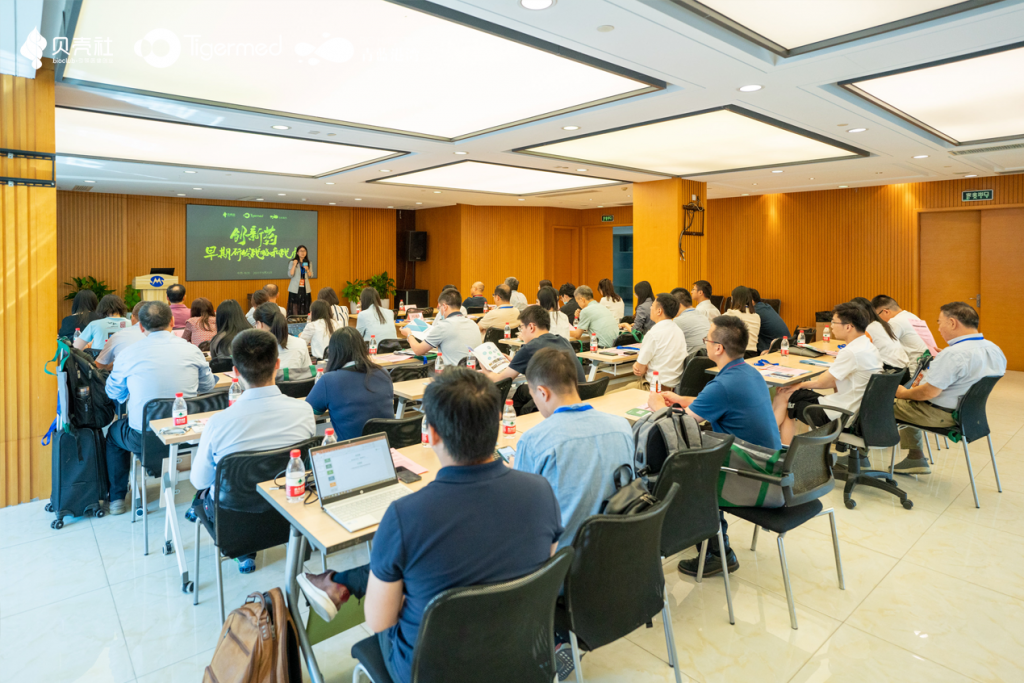
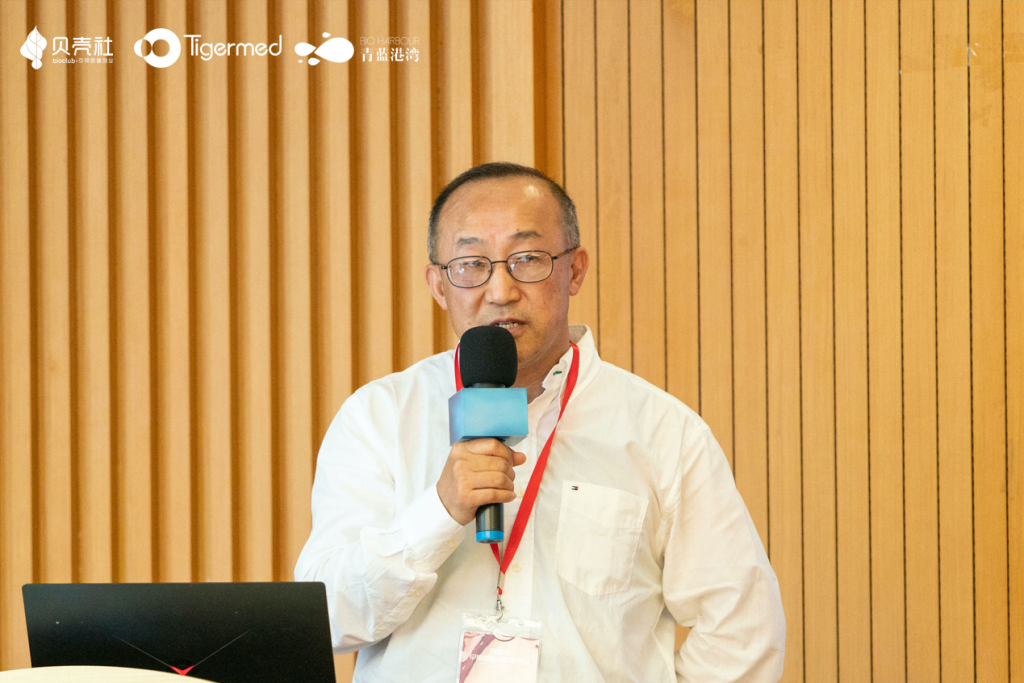
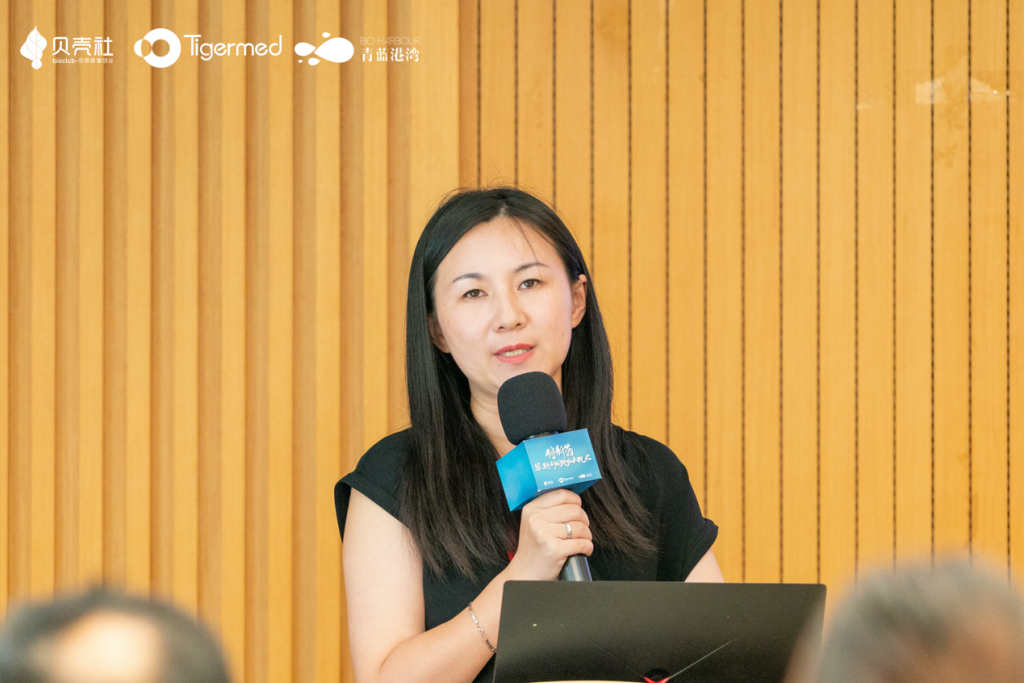
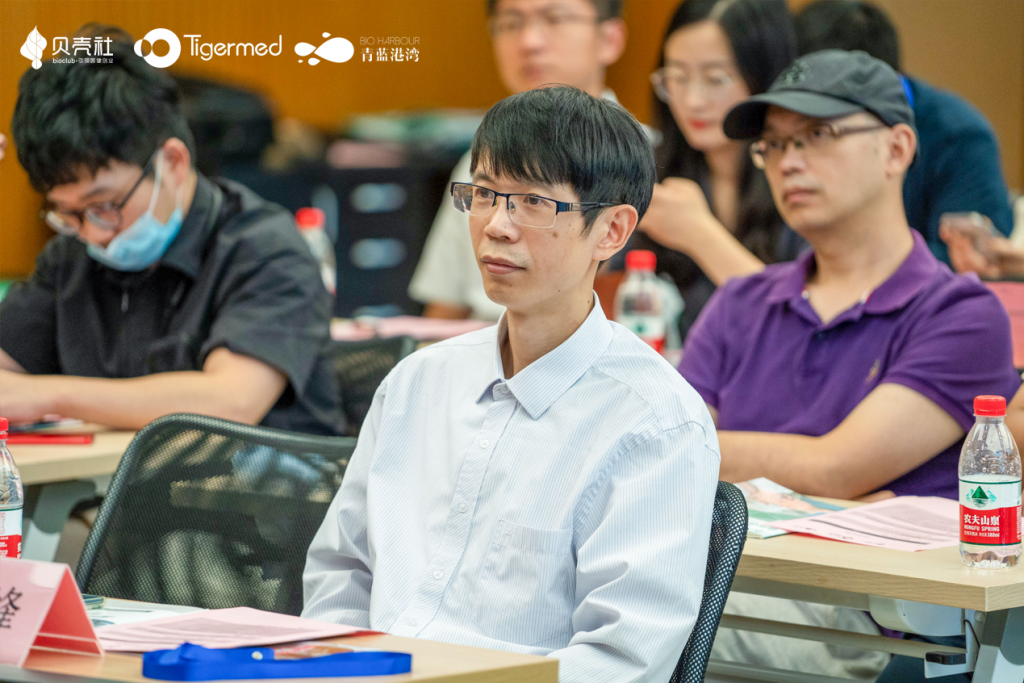
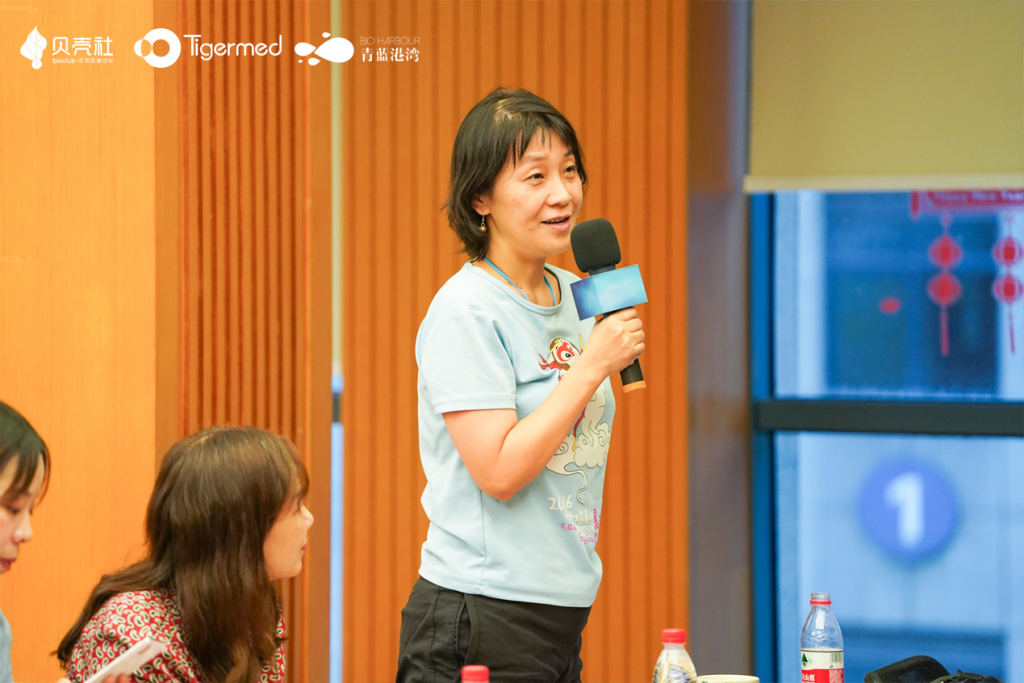

文章评论(0)